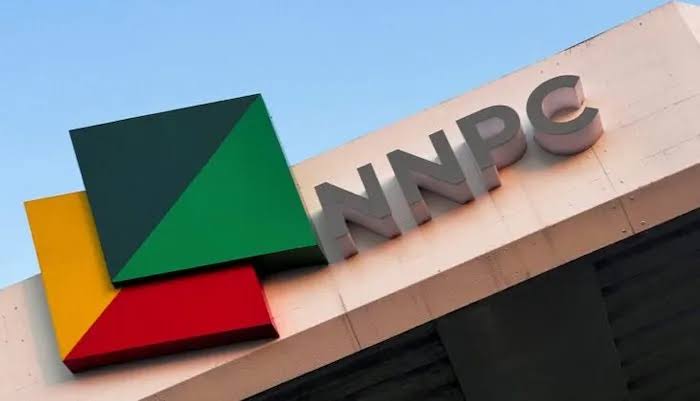By Peter Omopo
Abuja, June 29, 2025 — The Nigerian National Petroleum Company Limited (NNPCL) owes the Federation Government a total of ₦6.57 trillion in unremitted royalties, taxes, and dividends as of May 2025, according to a new report by the Federation Accounts Allocation Committee (FAAC).
The FAAC report, titled “NNPC Ltd Payables to NUPRC, FIRS & Federation as at May 2025,” was presented at the committee’s May meeting and obtained on Friday. It details outstanding financial obligations by NNPCL to key federal revenue agencies spanning from June 2023 to April 2025.
According to the breakdown, the NNPCL is yet to remit ₦3.89 trillion in royalties due to the Nigerian Upstream Petroleum Regulatory Commission (NUPRC), ₦2.53 trillion in unpaid taxes owed to the Federal Inland Revenue Service (FIRS), and ₦162.33 billion in unremitted dividends.
The committee warned that the mounting backlog poses serious risks to federal revenue performance, particularly at a time when oil earnings are under intense pressure and fiscal buffers are eroding.
Mounting Arrears Despite Reforms
The report highlights concerns that despite the removal of petrol subsidies in late 2024, the state-owned oil firm has yet to fully remit the resulting revenue gains.
A World Bank report earlier this year noted that of the ₦1.1 trillion generated from crude sales and other revenue streams in 2024, NNPCL only transferred ₦600 billion to the Federation Account, using the balance to offset prior debts.
“Despite the subsidy being fully removed in October 2024, NNPCL started transferring the revenue gains to the Federation only in January 2025. Since then, it has been remitting only 50 per cent of these gains,” the World Bank said.
The FAAC report also revealed a pattern of erratic remittances. In September 2023, NNPCL owed ₦321.99 billion in royalties, but that figure dropped to ₦127.32 billion by May 2024. The company recorded its highest monthly debt in August 2023, with a backlog exceeding ₦770 billion.
Similarly, tax liabilities to FIRS fluctuated sharply — from a peak of ₦173.9 billion in October 2023 to as low as ₦34.2 billion in January 2024.
Unsettled Payments Over Two Years
From July to December 2023, royalty obligations rose from ₦133.96 billion to ₦178.47 billion. In the same period, tax arrears fell from ₦173 billion to ₦81.8 billion. The first quarter of 2024 saw royalty debts spike again, reaching ₦229.49 billion in March.
Between January 2024 and April 2025, an additional ₦4.54 trillion in liabilities was accrued. The report also recorded a brought-forward balance of ₦107.67 billion from previous cycles.
The beginning of 2024 alone saw a steep climb in debt: ₦208.57 billion was owed in January, rising to ₦353.50 billion in February, and peaking at ₦532.07 billion in March. Though the amount dipped to ₦277.41 billion in April, it remained significantly high, with monthly debts staying above ₦100 billion throughout the period.
A total of ₦2.03 trillion was owed in 2023 — ₦1.19 trillion in royalties and ₦843.28 billion in taxes. According to FAAC, these figures are now with the Office of the Accountant General of the Federation for reconciliation and handling.
Sector Transparency Under Scrutiny
The mounting arrears have renewed scrutiny of Nigeria’s oil and gas sector, which continues to face issues of opacity, leakages, and delayed reforms despite efforts by President Bola Tinubu’s administration to overhaul fiscal governance.
With oil prices recovering and the government aiming to ramp up crude production, analysts say timely remittances from NNPCL are critical to stabilising public finances and supporting federal and subnational budgets.
FAAC has yet to indicate whether any penalties or sanctions will be imposed on NNPCL, but pressure is mounting for more transparency and accountability in the handling of national oil revenues.

